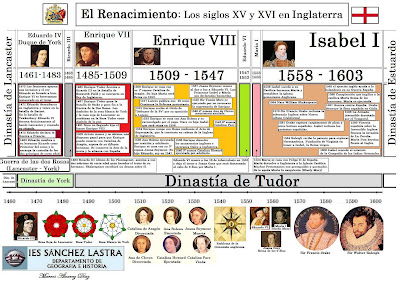The Industrial Revolution was a period from the 18th to the 19th century where major changes in agriculture, manufacturing, mining, transport, and technology had a profound effect on the socioeconomic and cultural conditions starting in the United Kingdom, then subsequently spreading throughout Europe, North America, and eventually the world. The Industrial Revolution marks a major turning point in human history; almost every aspect of daily life was eventually influenced in some way.
Most notably, average income and population began to exhibit unprecedented sustained growth. In the two centuries following 1800, the world's average per capita income increased over 10-fold, while the world's population increased over 6-fold.
Starting in the later part of the 18th century there began a transition in parts of Great Britain's previously manual labour and draft-animal–based economy towards machine-based manufacturing. It started with the mechanization of the textile industries, the development of iron-making techniques and the increased use of refined coal. Trade expansion was enabled by the introduction of canals, improved roads and railways.
Most notably, average income and population began to exhibit unprecedented sustained growth. In the two centuries following 1800, the world's average per capita income increased over 10-fold, while the world's population increased over 6-fold.
Starting in the later part of the 18th century there began a transition in parts of Great Britain's previously manual labour and draft-animal–based economy towards machine-based manufacturing. It started with the mechanization of the textile industries, the development of iron-making techniques and the increased use of refined coal. Trade expansion was enabled by the introduction of canals, improved roads and railways.
1- List the Pros & Cons of the Industrial Revolution.
2- According to the Video, describe the child labour conditions in the mills of New England in the 1830's.







